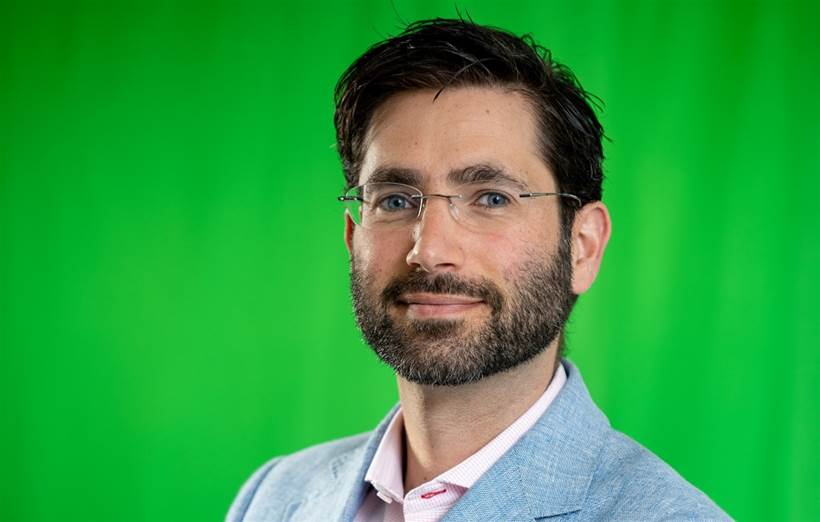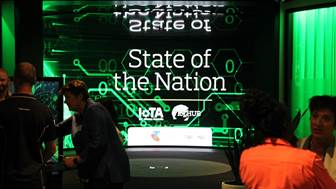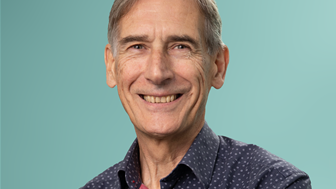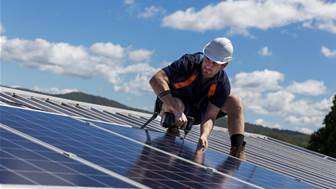As the Senior Manager for Smart Water at SUEZ Water, Sean Cohen is on the frontline of Internet of Things (IoT) usage in Australia’s water sector.
SUEZ's Smart Water business unit deals with everything from plant and water network monitoring to urban drainage, wastewater, stormwater, and energy and water consumption.
The company is also a sponsor of the 2021 IoT Awards, and we asked Cohen to touch on some IoT challenges facing the water sector, including interoperability.
What impact did you see IoT have in the water sector in the last year, or think it will have in this sector in the future?
Water is an incredibly precious resource. We build societies around a secure supply of water, we search for water on other planets. Water means life.
Unfortunately, water supply has been pushed behind the scenes, most Australians aren’t engaged at all with where their water comes from, how they use it, or how much it costs to supply.
IoT has the ability to completely transform how Australians engage with the water in their community, and their water use at home.
Personal responsibility for our most precious resource.
What significant IoT work in this sector is SUEZ involved in?
SUEZ is a water utility operations provider, supporting industry-leading water and sewer services around the world for over a hundred years.
In the modern era, SUEZ has a portfolio of water network intelligence platforms called “Aquadvanced” that use foundational IoT data (such as smart water meters, flow sensors, pressure sensors, quality sensors, etc.) to automatically optimise water network behaviour.
For example:
- bulk water may be moved around the network when energy is cheap, while also ensuring the right water is available at the right time,
- leaks may be automatically detected and residents notified with the details, or
- data from millions of sensors is automatically analysed, filtered, and reported to operators in an intelligent actionable way, to help operators focus their time on real issues and avoid the “busywork” of data triage.
What progress do you see being made in this sector to bring together fragmented data from across organisations and government in a meaningful way?
SUEZ has been focused on is promoting open and interoperable IoT transport layers, without lock-in at any layer of the stack.
Historically, choosing an IoT transport technology would force a particular commercial arrangement, with very little flexibility over time. As a buyer of these technologies, SUEZ has been very insistent that we need to use fully open and interoperable technologies where possible – including devices, networks, base station equipment, and software.
As one path to solving this, SUEZ was a founding member of the WIZE alliance, a utility-oriented consortium focused on using the WIZE open standard for utility IoT operations.
WIZE gives everyone the freedom to make their own decisions about all layers of their project, and a well-established ecosystem of partners to work with.
What IoT security or ethical issues do you see in this sector?
As critical public infrastructure designed for decades of operation, I see the same ethical issues common to all long-term public works projects.
The community needs assurance that public money is being spent for the public good, that investments will last for their planned lifetime, and that no private entity will “lock in” an essential public service.
With fixed infrastructure (such as water treatment or wastewater management) there are important engineering and commercial principles that have been developed over decades to guarantee these points.
These attitudes are only just starting to make their way into the IoT space for utility applications.
What progress do you see being made in this sector to address IoT interoperability?
We’re seeing more adoption of standard schema for data transfer, which is encouraging. It’s good to see interoperability at the data layer.
We would like to see more effort on interoperability on the device layer as well, particularly at the IoT network provider level.
What progress do you see being made to address IoT-related skills challenges?
We are slowly seeing IoT being incorporated into mainstream engineering and analytics disciplines, which is the correct approach. We don’t want IoT to be segmented out – it’s an essential building block, a tool in everyone’s belt. I’m glad to see it being treated this way.
SUEZ is the sponsor of the Water Award category in the 2021 IoT Awards. The winners of the awards will be announced on November 9.
Learn more about how SUEZ harnesses IoT by visiting the SUEZ Australia & New Zealand Smart Water page.







